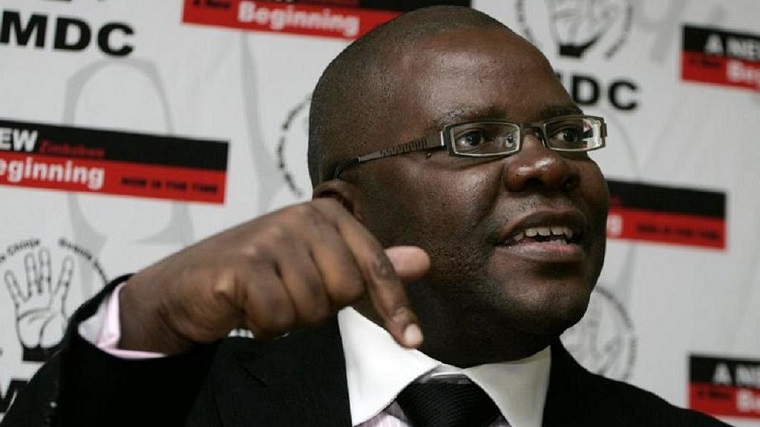 Former Finance Minister and MDC deputy Tendai Biti says only the opposition has the credibility to create the change desperately needed, according to African Arguments.
Former Finance Minister and MDC deputy Tendai Biti says only the opposition has the credibility to create the change desperately needed, according to African Arguments.
Zimbabwe is in crisis. But to expect the ruling ZANU-PF government to resolve this is improbable at best. It is, more likely, impossible.
Today nearly four out of every five Zimbabweans just about survives in absolute poverty. On average, Zimbabweans are poorer now than they were at independence in 1980.
Informal employment is at 95%, which is why the civil service has more than doubled over the last ten years to 600 000 employees – this is the only place government can create jobs.
Whole communities today live on less than 35 cents per person per day. In practice, this pays for a small dollop of maize, four leaves of vegetables, and a cap of cooking fat. We have a term for this, Tsaona, which means living by “accident”.
But the crisis Zimbabwe faces is no accident. This is a man-made calamity. Over the last 39 years of independence, ZANU-PF has presided over the disintegration of the productive sector of the economy.
Driven by sheer incompetence, greed, and the need for regime survival, the party has completely destroyed a once thriving economy.
Firstly, industries closed in the face of government parties opposed to foreign investment.
Secondly, infrastructure failed to be maintained and no investments were made; even today, Zimbabwe continues to rely on the Kariba hydro-electric facility opened in 1959 by Queen Elizabeth II.
Thirdly, the backbone of Zimbabwe’s economy was ripped out when the farming sector was politically redistributed through ill-planned and badly-executed land reform exercises, aimed not at empowerment of citizens but the enrichment of elites.
Fourthly, to paper over these deep problems and continue to make profits for the elites, monetary policy became a tool for further enrichment, resulting in Zimbabwe’s inflation reaching 500 billion percent.
In today’s Zimbabwe, the elites prosper, in spite of the misery, and because of mal-governance. They use their preferential access to dollars to arbitrage against other local, artificial digital currencies.
Furthermore, they have created cartels that are able entirely control the import and distribution of fuel coming into the country.
Meanwhile, the military and other favoured clients are offered mining concessions that are then parcelled out opaquely to friends, local and foreign.
Finally, the government’s agricultural scheme, appropriately named “command agriculture”, amounts to a $4 billion private piggy bank used to finance everything from private vehicles to dowries.
Continued next page
(198 VIEWS)


